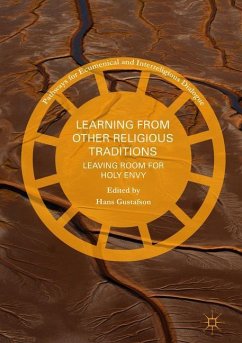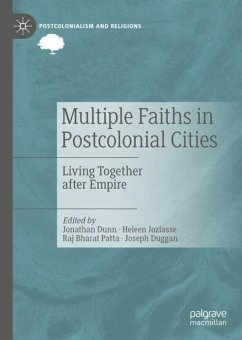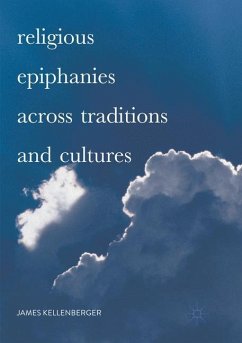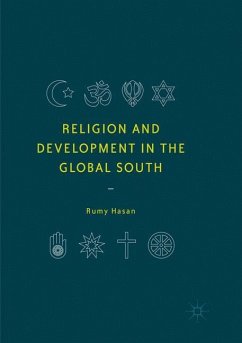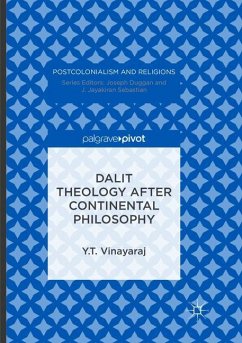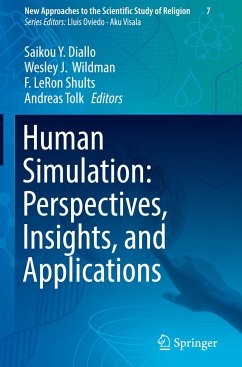
Religious Genius
Appreciating Inspiring Individuals Across Traditions
Versandkostenfrei!
Versandfertig in 6-10 Tagen
65,99 €
inkl. MwSt.
Weitere Ausgaben:

PAYBACK Punkte
33 °P sammeln!
This book sets forth a new area in the study of extraordinary individuals in religious traditions. It develops the category of "Religious Genius" as an alternative to existing categories, primarily "saint." It constructs a model by which to appreciate these individuals, suggesting key characteristics such as love, humility, and self-surrender. Religious geniuses transform their traditions and their legacies endure through these very transformations. They also inspire changes across religious boundaries and traditions. The study of religious geniuses in various faith traditions therefore advanc...
This book sets forth a new area in the study of extraordinary individuals in religious traditions. It develops the category of "Religious Genius" as an alternative to existing categories, primarily "saint." It constructs a model by which to appreciate these individuals, suggesting key characteristics such as love, humility, and self-surrender. Religious geniuses transform their traditions and their legacies endure through these very transformations. They also inspire changes across religious boundaries and traditions. The study of religious geniuses in various faith traditions therefore advances interfaith engagement today. The book complements existing, primarily historical, studies of saints by offering a phenomenological approach that seeks to touch the subjectivity of these individuals, and how they have affected the unfolding of their religious traditions.





